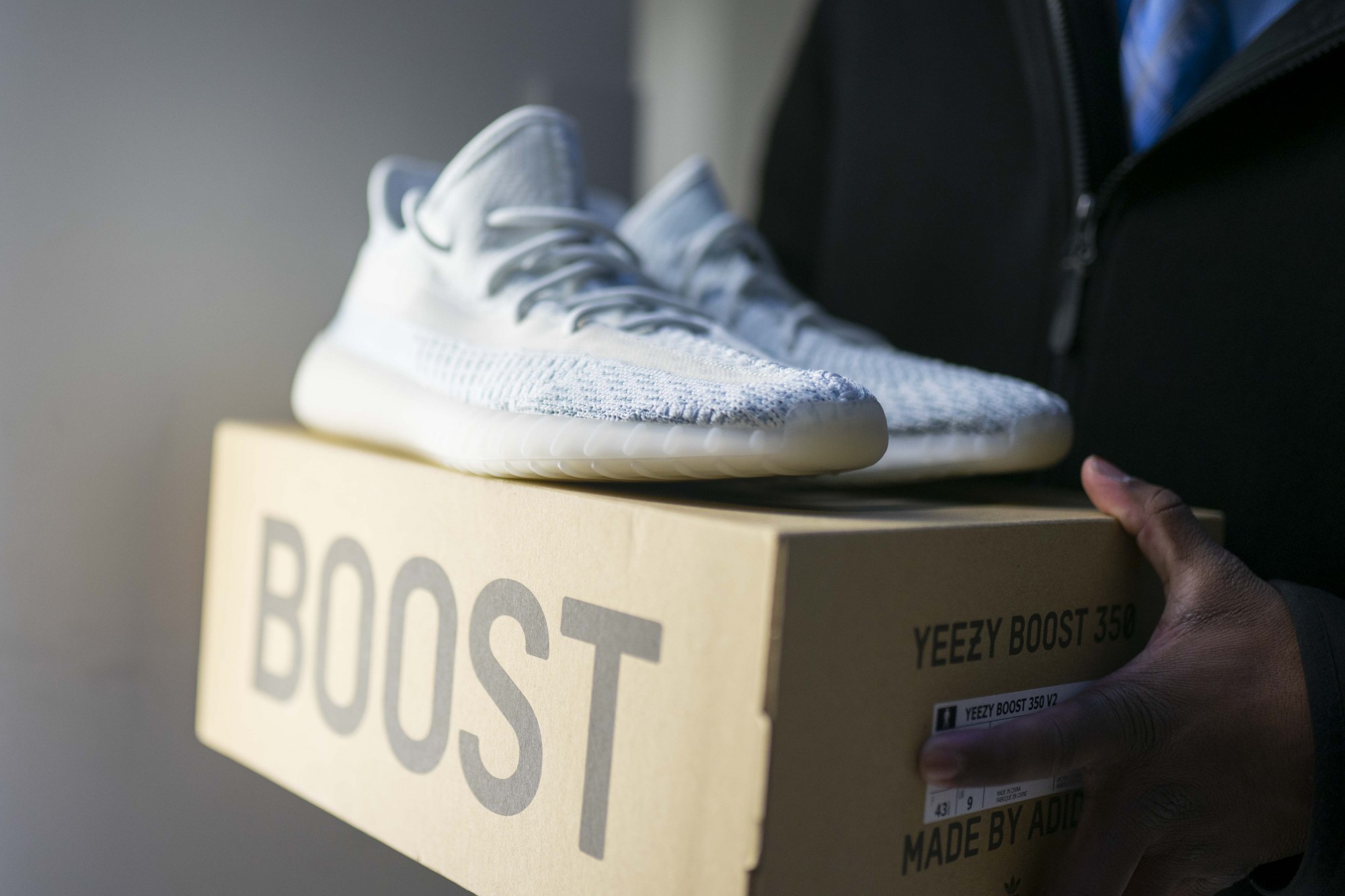Jordan, Yeezy and Nike — for most people these are just brand names, but for others they’re a way of life.
For Keyshawn Jokhoo, a second-year finance student at the University of Minnesota, these brand names mean opportunity.
As a reseller — someone who buys clothes or shoes in order to resell them for profit — Jokhoo has turned his love for sneakers into a profitable business.
When Jokhoo (known as @reseller_central on Instagram) first got into shoes in 2014, it was all about collecting the best pairs he could get his hands on.
Two years later, he noticed his friends rocking the hottest sneakers and asked them how they managed to afford such expensive limited edition items. Their answer: resale.
“I realized like, wow, you can actually just buy it, not wear it, hold onto it for a little bit, and make more than if you were to wear it. It’s one of the very few things that actually appreciates in value as time goes on,” Jokhoo said.
Breaking into the resale market isn’t as easy as simply buying and selling. Jokhoo said he only made $2 off his first pair of sneakers, a pair of Nike Zoom Kobe 4 Protro ‘Draft Day.’
For a while, Jokhoo said he dabbled in high-end streetwear like Supreme but switched his focus to sneakers after deciding that between fakes and intense competition for drops, sneaker resale was more manageable.
Now, almost four years later, Jokhoo has honed his reselling skills and perfected his process.
He uses a “cook group,” a member-only online group which provides him with early links and special information about drops, to ensure he’s one of the first people in line when sneakers are released.
To set his prices, Jokhoo uses sites like Stock X and GOAT but says pricing is still risky as no one really knows what will or won’t resell.
According to Danny Erickson, store manager at Piff, a high-end streetwear retailer in Minneapolis, resellers need to be on their A-game if they want to make a profit.
“You have to be very particular and very smart on your purchases as a seller. Customers today are more price conscious and product-savvy as ever. You need to keep up with popular trends and have products that are desirable to the current market,” Erickson said.
In addition to reselling, Jokhoo also works as a delivery driver, rounding up all his tips at the end of the week to buy the latest sneakers.
As a full-time student, Jokhoo says finding a balance between work, school and reselling can be quite a challenge.
“There’s been nights where I’m up at like 11, 12 taking pictures of shoes and it’s just like, ‘What am I doing?’” he said.
While resale is only his side hustle now, Jokhoo says he sees it as something that could turn into a sustainable career.
He hopes to expand his business beyond just local sneaker resale, looking to break into the European market, where, according to Jokhoo, there’s a high demand for sneakers, as many of the most coveted shoes, like Jordans, don’t drop overseas.
Jokhoo is also looking into app development. Bots, software that expedite the checkout process and make it easier to get shoes before they sell out, can resell for hundreds and sometimes thousands of dollars.
In addition to app development and breaking into the European resale market, Jokhoo wants to create informational videos to teach others the art of resale.
“I don’t see Nike ever stopping production of limited shoes, so I think there will always be people hustling, making a couple bucks here and there. But I think where the big money is, is teaching people how to get consistent pairs [of shoes],” he said.








